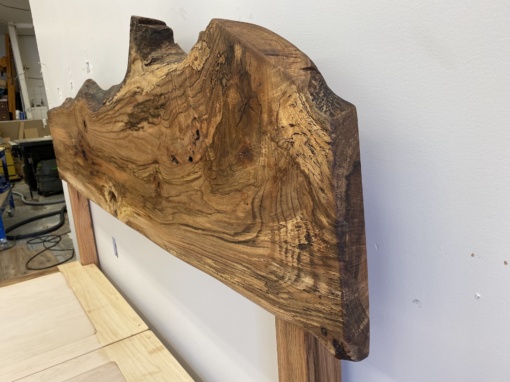This is the most commonly used FHA program. It offers a low down payment, flexible qualifying guidelines, limited lender’s fees, and a maximum loan amount.
Real Estate
Buying Plans
Have a time frame in mind when you buy a home, and let it guide your purchase. If you plan to start (or expand) a family in the near future, a studio is not a good idea. If you want a home in which you can age in place, or want to preserve that option, consider a ranch-style dwelling on one level, rather than a multilevel dwelling with stairs.
Extra Inspections
If your home inspector discovers a serious problem, another more specific inspection may be recommended. It’s a good idea to consider having your home inspected for the presence of a variety of health-related risks like radon gas, asbestos, or possible problems with the water or waste disposal system.
Improving Your Scores
There are no easy ways to improve your credit score, but you can work to keep it acceptable by maintaining a good credit history. This means paying your bills on time and not overextending yourself by buying more than you can afford.
Refinancing Tax
Refinancing you home loan can save you money and often reduce your monthly payments. If you take cash away from a refinancing, be sure the new loan balance isn’t more than the original price of the property. If it is larger, your interest payments may not be tax-deductable.
Refinance Timing
The traditional answer to the question “When is the best time to refinance?” is when interest rates fall 2 percent below your current mortgage interest rate. However, in recent years some experts have argued that refinancing may be appropriate with a smaller point spread. Some weight is often given to the length of time the owner anticipates holding on to the property. If the owner expects to keep the property for at least three or four years, then refinancing may be worthwhile. While refinancing can involve upfront costs, in many cases it is possible to roll the costs of the refinancing into the new note and still reduce the amount of the monthly payment
Mortgage
Generally speaking, a mortgage is a loan obtained to purchase real estate. The “mortgage” itself is a lien (a legal claim) on the home or property that secures the promise to pay the debt. All mortgages have two features in common: principal and interest.
Closing Day Events
You’ll present your paid homeowner’s insurance policy or a binder and receipt showing that the premium has been paid. The closing agent will then list the money you owe the seller (remainder of down payment, prepaid taxes, etc.) and then the money the seller owes you (unpaid taxes and prepaid rent, if applicable). The seller will provide proofs of any inspection, warranties, etc. Once you’re sure you understand all the documentation, you’ll sign the mortgage, agreeing that if you don’t make payments the lender is entitled to sell your property and apply the sale price against the amount you owe plus expenses. You’ll also sign a mortgage note, promising to repay the loan. The seller will give you the title to the house in the form of a signed deed. You’ll pay the lender’s agent all closing costs and, in turn, he or she will provide you with a settlement statement of all the items for which you have paid. The deed and mortgage will then be recorded in the state Registry of Deeds, and you will be a homeowner.
FHA Timing
If you’re refinancing an FHA loan, try to schedule the closing for as close to the end of the month as possible. Unlike conventional loans, on which lenders typically charge interest only up until the date the loan is repaid, the FHA charges interest through the end of the month, regardless of the payoff date. That means for the period between the time you close and the end of the month, you will be paying interest on your old loan and your new one.
Title Report
When reading a preliminary title report, it is important to check the extent of your ownership rights or interest. The most common form of interest is “fee simple” or “fee,” which is the highest type of interest an owner can have in land. Liens, restrictions and interests of others excluded from title coverage will be listed numerically as exceptions in the report.



























